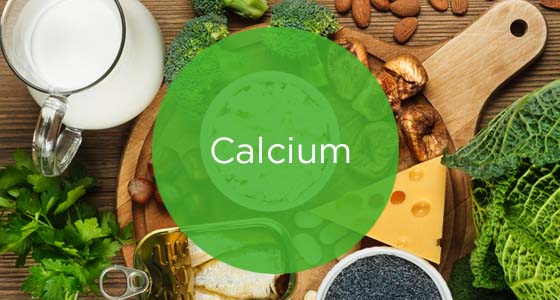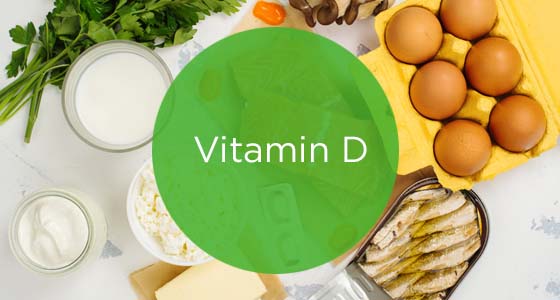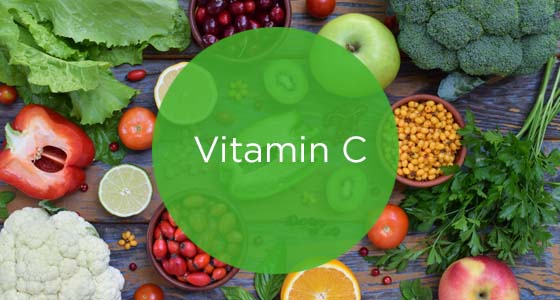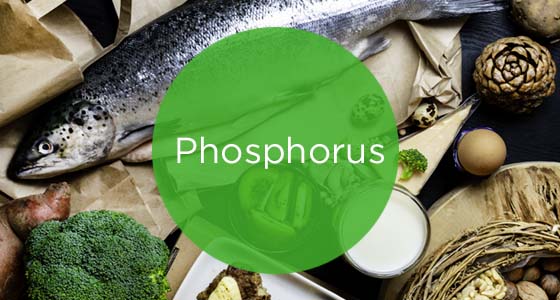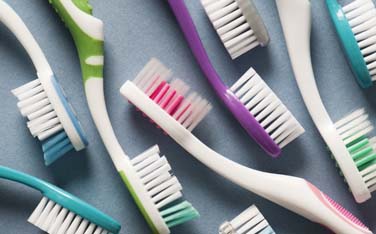Eating a well-balanced diet during pregnancy is essential for the healthy development of your baby’s teeth. Because teeth start forming in the womb around six weeks, nutrient deficiencies that occur between six to eight weeks of gestation can damage future oral health. Celebrate Children’s Dental Health Month by learning which nutrients are especially relevant for teeth formation.
Wellness
Eat right during pregnancy for your baby’s oral health
Calcium is crucial for establishing bone and teeth strength as teeth and jaw bones begin to take shape. Women who are pregnant or breastfeeding should get 1,000 milligrams of calcium each day, according to the American College of Obstetricians and Gynecologists (ACOG). The recommended amount jumps to 1,300 milligrams for women younger than 19 who are pregnant or breastfeeding. To make sure you’re getting enough, look for calcium-rich sources, including dairy products, fortified cereals (stick to low-sugar varieties), almonds, sesame seeds and dark, leafy greens.
Closely associated with calcium, vitamin D allows your baby’s bones and teeth to develop and helps them absorb calcium and other minerals. ACOG recommends pregnant women consume 600 international units (IUs) a day. For reference, one glass of milk fortified with vitamin D typically contains around 100 IUs. The primary and most abundant source is sunlight, but vitamin D can also be obtained from food sources like fortified cereals and fatty fish.
Vitamin C intake during pregnancy plays a part in establishing the inner parts of teeth that are vital to strength and function. Not getting enough vitamin C may lead to irregularities down the line, like an absence of dentin, which is the hard structure just below the enamel. The suggested daily vitamin C intake is between 80 and 85 milligrams and can be obtained from foods such as kale, kiwis, broccoli, Brussels sprouts and strawberries. Avoid chewable vitamin C tablets because their levels of acidity may wear down your enamel.
Phosphorus works with other minerals, including calcium and magnesium, to build bones and teeth. Not getting enough may play a part in malformed teeth, increased risk for cavities and more. It’s recommended that pregnant women get 700 milligrams per day (1,250 milligrams if they are younger than 19). Some popular sources of phosphorus include chicken, fish, dairy products, eggs, nuts, seeds and beans.
Work with your physician to ensure you’re eating a proper diet that provides the foundation your baby needs. By eating a diet rich in these essential nutrients, you can set your baby on the path for healthy smiles from the very start.






